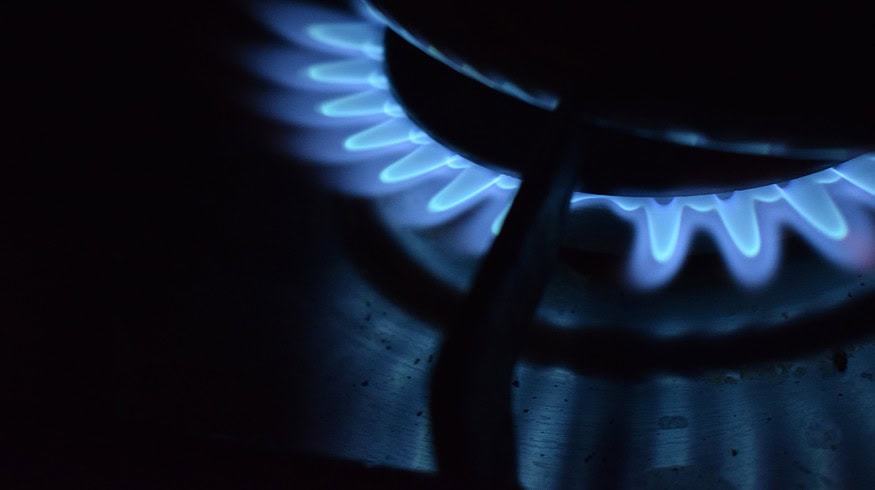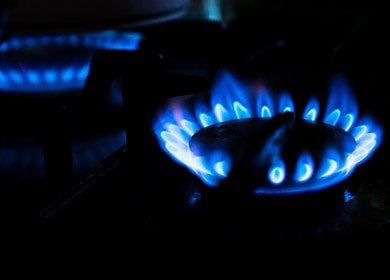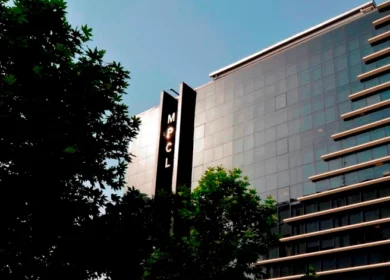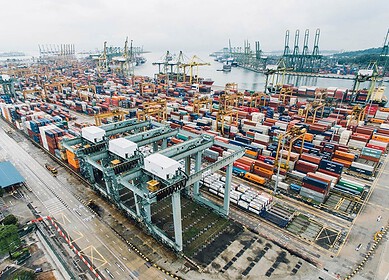Pakistan raises gas tariffs affecting the fertilizer industry

On October 23, Dr. Shamshad Akhtar, Pakistan’s Caretaker Federal Minister for Finance, Revenue, and Economic Affairs, endorsed a hike in gas prices for the fertilizer and other sectors during a meeting of the Cabinet’s Economic Coordination Committee (ECC). The new pricing will take effect starting November 1, 2023, following a proposal from the Ministry of Energy’s Petroleum Division.
Market analysts suggest the price adjustment is part of the government’s compliance with the International Monetary Fund’s (IMF) prerequisites for a $3 billion loan. The increase is expected to significantly influence the cost of production in Pakistan’s fertilizer industry. However, the sector anticipates the effect of the gas price escalation will eventually be borne by the consumers.
According to a report by AHL Research, the new gas tariff rates are set to affect multiple categories. Domestic consumers will experience a 173% increase, commercial rates will go up by 136%, export by 86%, non-export industries by 117%, fertilizer by 14%, and Compressed Natural Gas (CNG) by 144%.
IMS Research further elaborated that the ECC’s decision to raise gas prices aims to mitigate the accumulation of circular debt, which has escalated to PKR 2.9 trillion. This move is strategically timed to precede the IMF’s upcoming review in November 2023. The sectors likely to be adversely affected by the tariff revision include Textiles, Chemicals, Cement, and Fertilizers. The research house suggests that the fertilizer industry may manage to pass on the entirety of the cost impact to consumers, while other sectors could face negative earnings implications.
Conversely, the energy sector stands to gain from the decision as the halt in the circular debt build-up is expected to liberate cash flows within the sector.
Enjoyed this story?
Every Monday, our subscribers get their hands on a digest of the most trending agriculture news. You can join them too!













Discussion0 comments